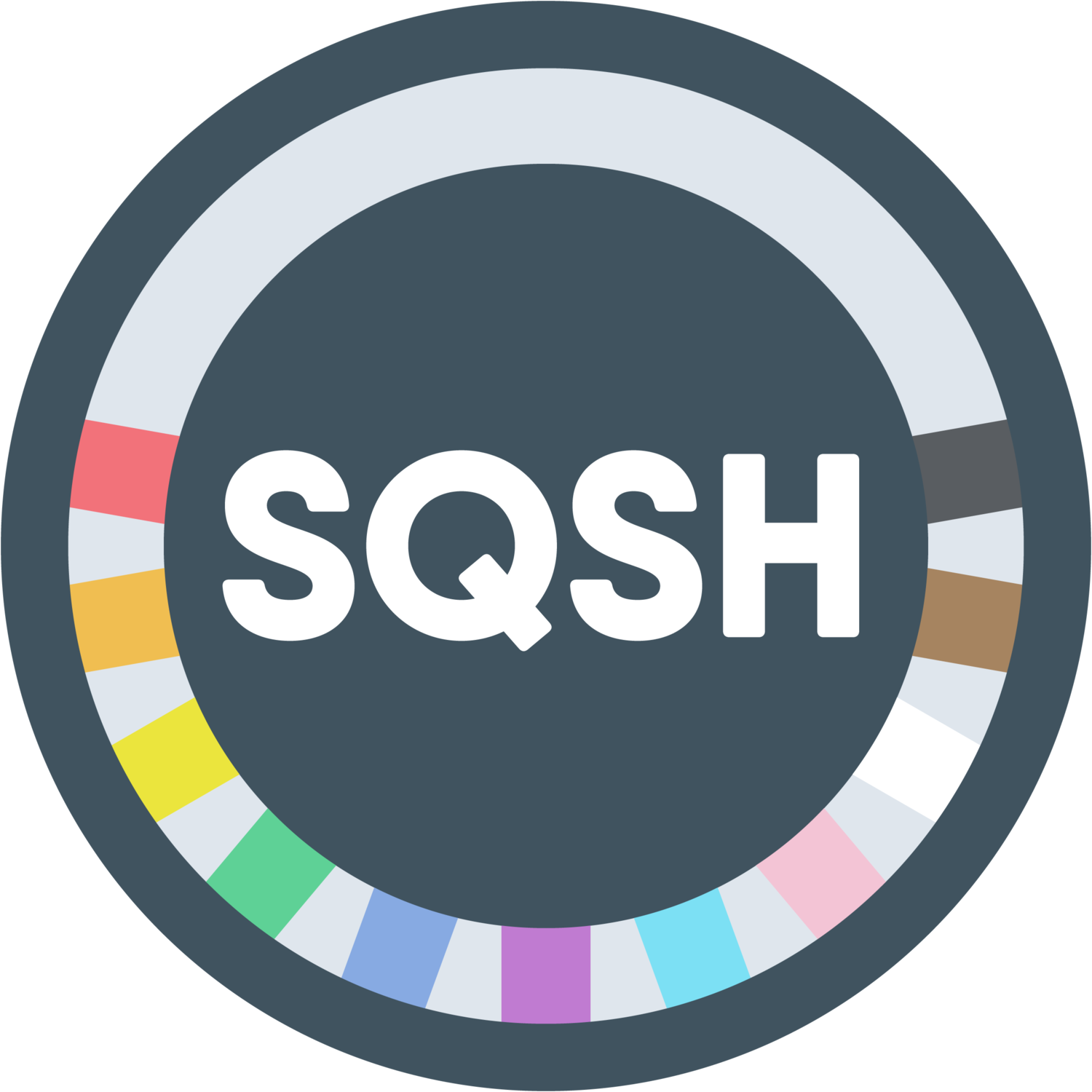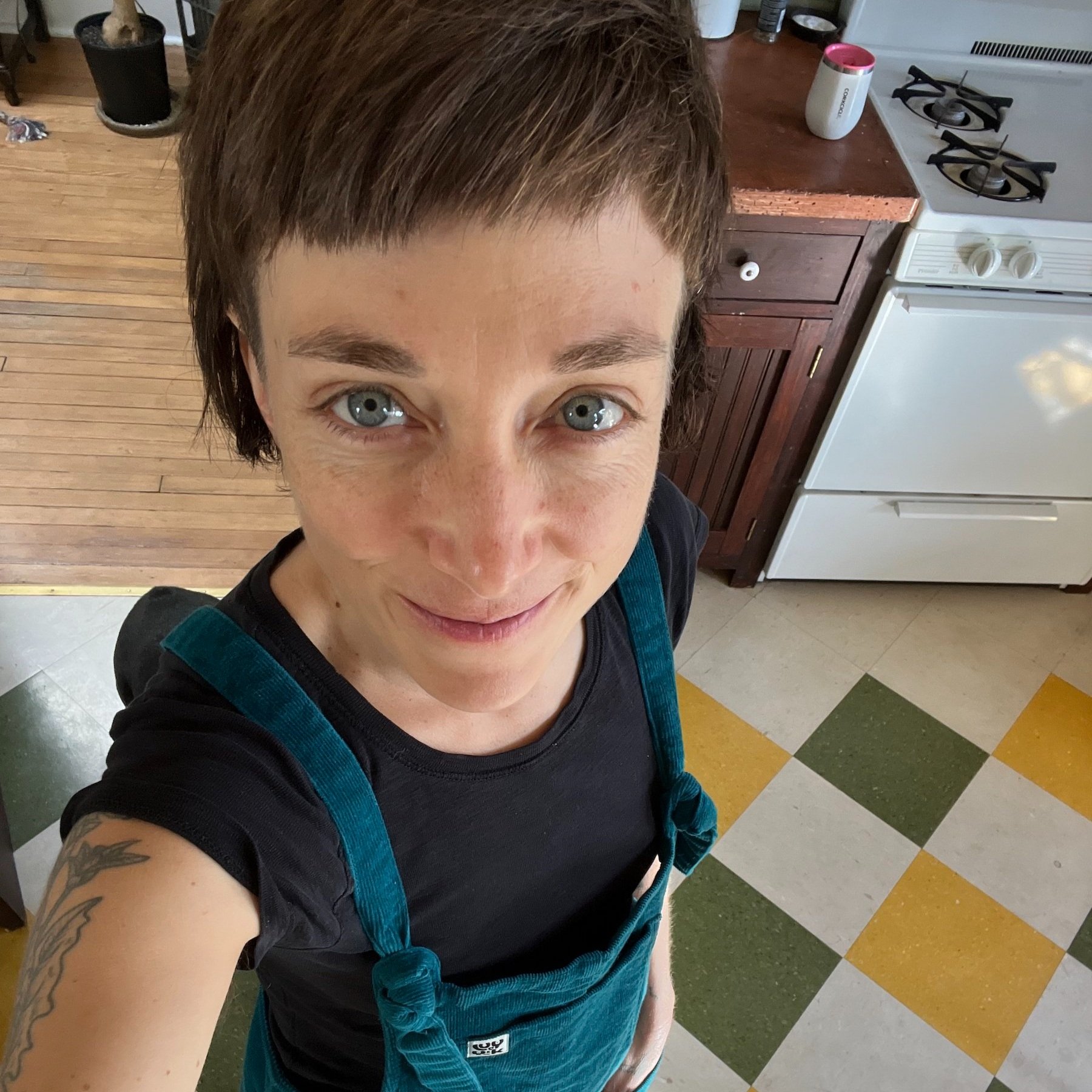Qigong
Qigong has been practiced for thousands of years in East Asia as a martial, wellness, and spiritual cultivation practice. The development of East Asian medicine has been and continues to be informed by these practices. In simplest terms, qigong involves the synchronization of movement, breath, and attention.
More about East Asian Medicine
Classical East Asian Medicine has been practiced, developed, and refined over thousands of years. Techniques and theory were traditionally passed down through generations from teacher to student. This held-sacred knowledge was first written down in the classical Chinese medical texts about 2,000 years ago. Today, the medicine is practiced all around the world and has deep roots in China, Taiwan, Korea, Japan, Vietnam, and Tibet.
Classical East Asian medicine defines health as the free flow of qì 氣 energy throughout the body in accordance to the laws of nature. Classical East Asian medicine views everyone and everything as interconnected. Our spiritual, psycho-emotional, and physical aspects are interrelated parts of our whole selves, and we are influenced by and connected to the wider web of life. Treatment modalities include acupuncture, acupressure, teishin, moxabustion, cupping, herbal medicine, and qigong. A wide range of symptoms and experiences can be supported with classical East Asian medicine including difficult mental-emotional symptoms, stress, digestive complaints, urogenital symptoms, headaches and migraines, and all types of body pain and discomfort. Each treatment is unique and individually crafted for each person and what they are presently experiencing.

